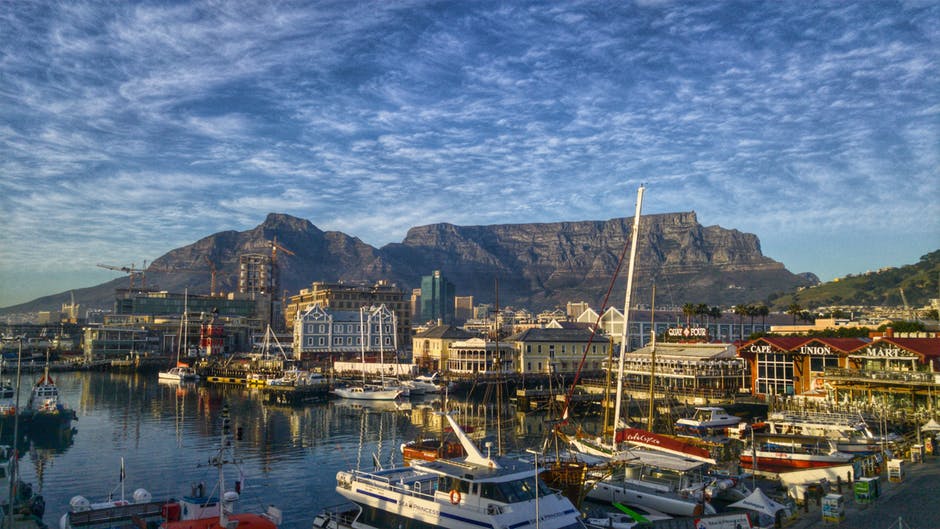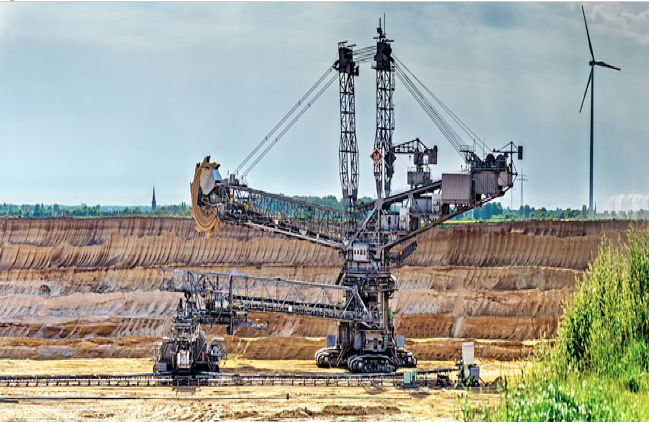It is well known that South Africa is extremely commodity heavy – from being the world’s second largest producer of gold, and the first in several other elements (chrome, manganese, platinum). Commodity trading in South Africa – which accounts for 87% of government expenditure – allows investors to move into the region and begin trading – utilising the trading indices, the South Africa 40. But can this be beneficial for the sub-Saharan African region as a whole?
Theoretically, should more investors move towards South Africa, they will likely approach it through commodity trading. Commodity trading offers very little fluctuation aside from the greater moves the price may make on the stock market, which allows for greater strategic direction if following a commodity. Moreover, commodity trading deals in tangible goods – therefore the price will never fall to 0 as there will always be some value on the commodity in question. So, buying low can improve an investor’s chances of the price surging upwards and the stock becoming extremely valuable. The fact that South Africa is rich in mined commodities already places it in a favourable position for investors.
South Africa is considered the key to unlocking the sub-Saharan African region, as investors look for both macro and micro factors in their investment and then try to bridge the gap for profitability. South Africa, unlike other, riskier countries in the region, shows a proven track record with various other commodities, especially mining, and looks to be a chance for potential investors to dip their toe into the region from a less uncertain standpoint. This can be seen by looking at the South Africa 40, which lists the 40 strongest companies trading in the region, and provides investors with a chance to see how they may fare in similar industries.

Source: Pexels
The influx of Chinese investors in recent years has definitely helped shape the South African landscape in terms of investing. Nigeria, Ghana, and Mozambique also felt the push of the foreign investment. But what’s stopping investors from moving in droves to the commodity-rich South Africa? The answer could be as simple as the exodus of the Chinese investors. Between 350,000 and 500,000 Chinese live in South Africa, and many are investing, recouping profits, and before the losses can hit, are moving away. The investment, while raising the economic position of South Africa, also threatens to revert back to how things were before the foreign investment.
But for investors, it is a fact that global diversification improves the performance of the whole portfolio. For example, according to Forbes, South African markets were up 49% in 2002 when the DotCom Bubble caused the US stock market to fall 22%.
As with most investing – and as the South Africa 40 is testament to – there is no cut and dry direct route to investment success. A market rise in South Africa doesn’t necessarily mean the neighbouring region will prosper in kind. However, there is evidence, as with the Chinese investment, that the nearby countries will be touched by the investment increase and economic growth that South Africa would yield should it continue to be a hub of investment.













